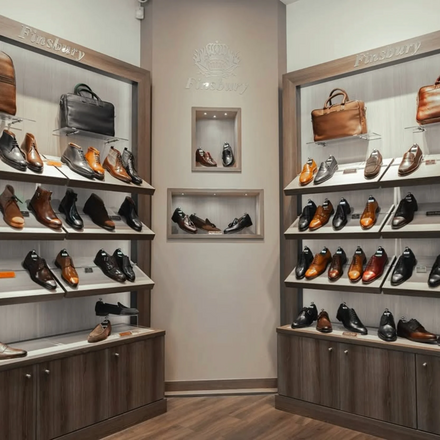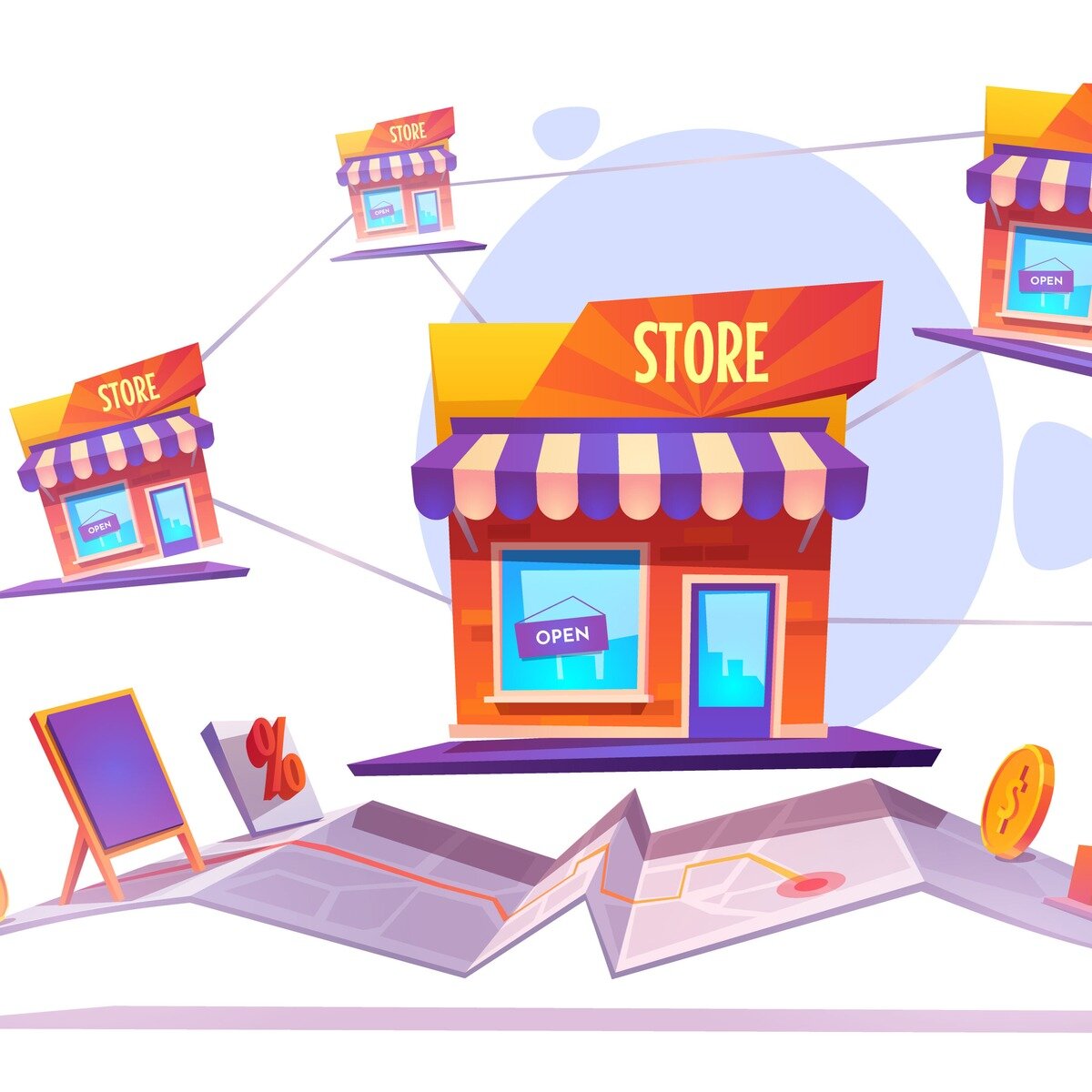7 facts about franchising

Franchising is a business model in which the franchisor grants the franchisee a license to use a recognizable brand. Is it a profitable business idea?
What is the meaning of franchising?
Franchising is a business model where the owner of a successful brand (franchisor) grants the rights to other individuals or entities (franchisees) to use its brand name, trademark, and proven business model in exchange for a fee and adherence to certain operational standards. It's a symbiotic relationship where the franchisor expands its brand's reach through franchisees, who benefit from operating under a recognized brand with established processes and support.
What is a franchise example?
A classic example of franchising is McDonald's. The franchisor, McDonald's Corporation, grants licenses to individuals or groups (franchisees) to operate their own McDonald's restaurants. Franchisees benefit from the global recognition and marketing power of the McDonald's brand, while the franchisor expands its business without directly managing every location.
What is being a franchise business?
Operating a franchise business involves running a company under a recognized brand's logo through a franchise agreement. Franchisees invest in the franchise opportunity, receive training and support from the franchisor, and operate their business following the franchisor's guidelines and standards. While franchisees enjoy the benefits of brand recognition and a proven business model, they must adhere to franchise agreements, pay royalties, and operate within the franchisor's parameters.
What is the franchising definition of terms?
The terminology in franchising includes various terms such as franchisor (the brand owner), franchisee (the individual or entity operating the franchise), franchise agreement (the contract outlining the terms and conditions of the franchise relationship), royalties (fees paid by the franchisee to the franchisor for using the brand and support), and franchise disclosure document (a legal document providing detailed information about the franchise opportunity).
Is franchising good or bad?
The success of franchising depends on various factors such as the specific franchise opportunity, market conditions, and the capabilities of the franchisee. Franchising offers benefits such as brand recognition, proven business models, training, and ongoing support from the franchisor. However, it also involves financial commitments, ongoing royalty payments, and restrictions imposed by the franchisor. Therefore, whether franchising is good or bad depends on individual circumstances and due diligence.
Which franchise is the most profitable?
The profitability of a franchise varies depending on factors such as industry, location, market demand, and management efficiency. Generally, franchises in industries with high consumer demand, such as fast food, retail, and personal services, tend to be more profitable. However, the success of a franchise also depends on factors like location selection, operational efficiency, and customer satisfaction.
What are the advantages and disadvantages of franchising?
Advantages of franchising include access to an established brand with built-in customer loyalty, training and support from the franchisor, proven business models, marketing assistance, and economies of scale. However, disadvantages may include high initial investment costs, ongoing royalty fees, limited autonomy in business decisions, and the risk of being affected by the performance of other franchisees or changes in the franchisor's policies. Prospective franchisees should carefully weigh these factors before committing to a franchise opportunity.
Featured franchises
No featured franchises
Breaking news
Show all
Next Engineers - a global STEAM Education
Innovative STEAM education franchise empowering children through hands-on engineering learning, combining structured curricula with scalable...

LA BARBE DE PAPA
Step into a premium grooming network built for growth, offering a structured franchise model with clear financials and strong operational support.

Pandora Greenbox franchise
Pandora Greenbox offers a scalable fast-casual concept combining healthy cuisine, smart design and strong unit economics across Europe.

Expanding premium footwear through franchising
A French footwear brand expanding through franchising, offering structured entry into premium shoe retail with established operational standards.



